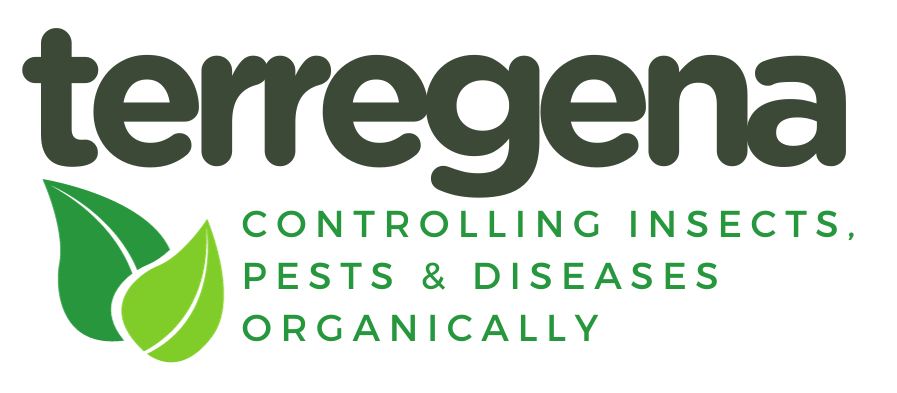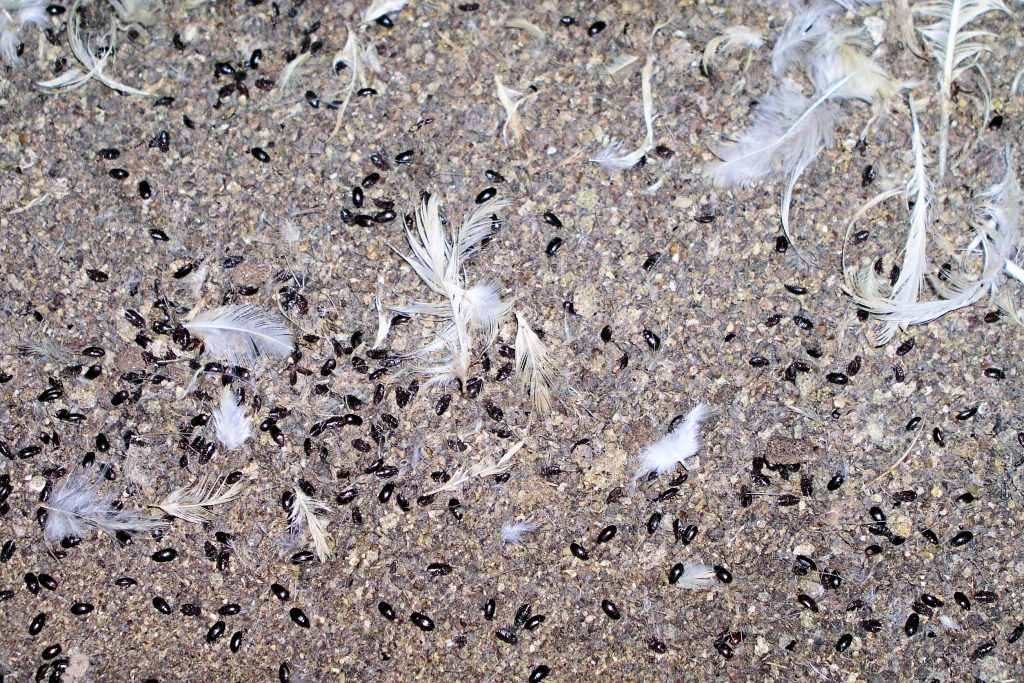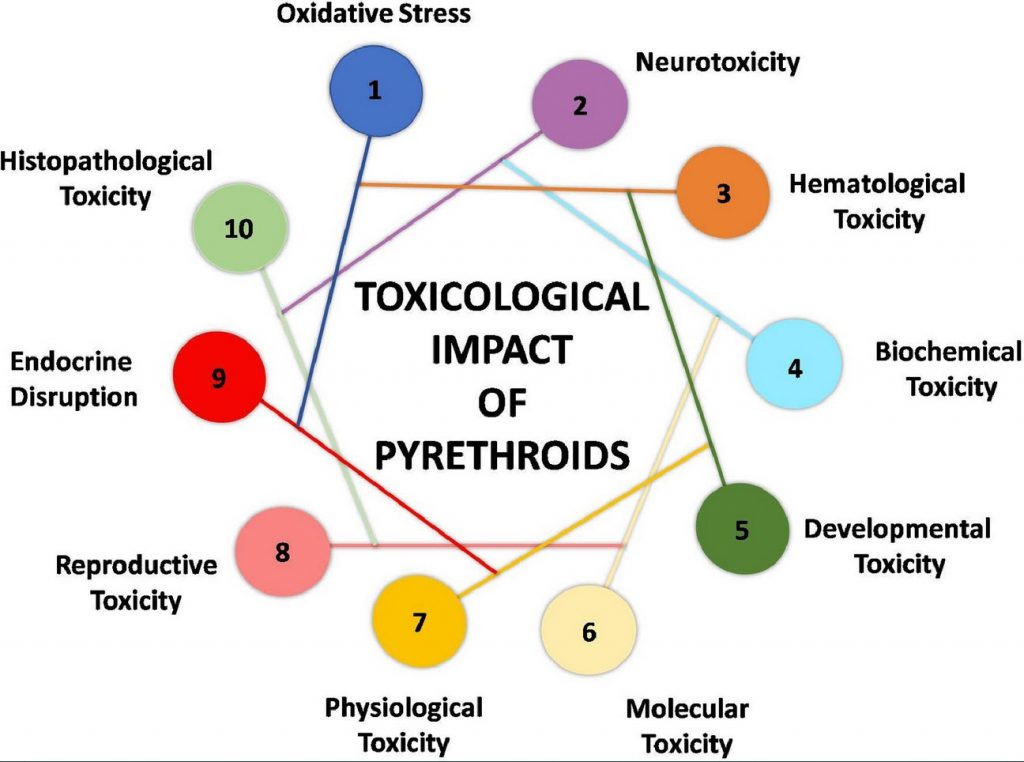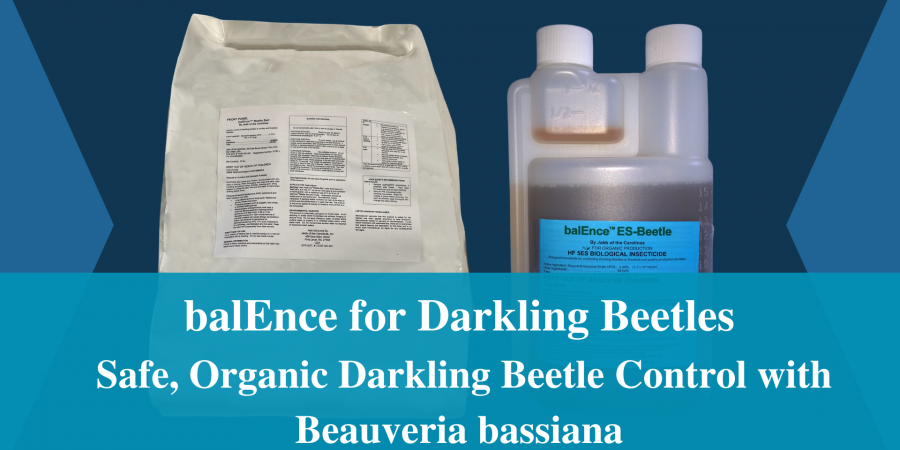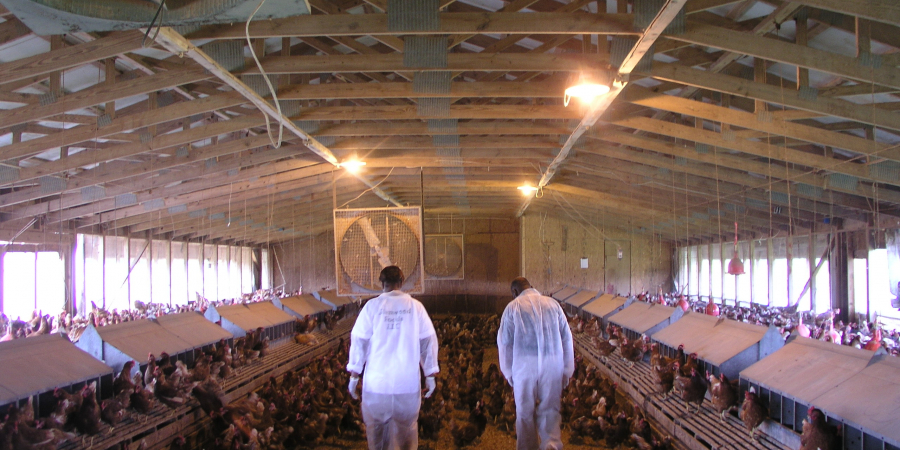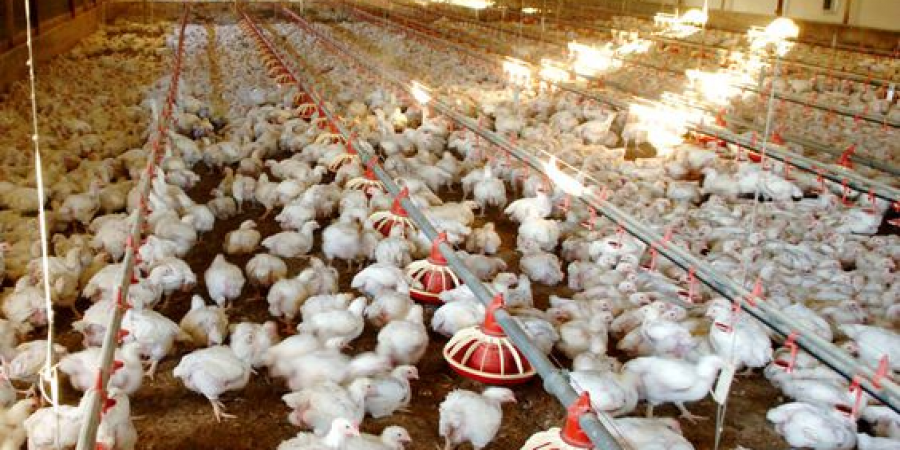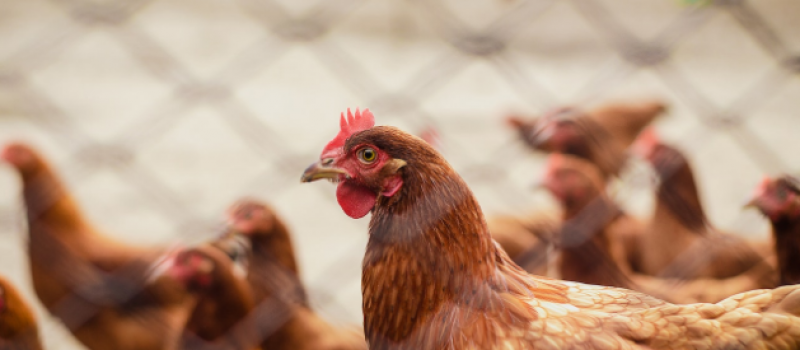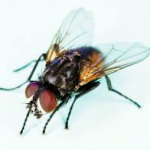Darkling Beetles’ Impact on Poultry Farming
Understanding the Impact of Darkling Beetles on Poultry Farming: Risks and Control Strategies
Running a poultry farm comes with its fair share of challenges, and one persistent issue is the presence of darkling beetles. These small but troublesome pests can wreak havoc on your operation—spreading diseases, devouring feed, and even damaging your barn’s insulation. While chemical pesticides have traditionally been the solution of choice, their effectiveness is waning as beetles develop resistance and concerns about environmental impact are growing.
This article explores the effects of darkling beetles on poultry farming and introduces Beauveria bassiana, a natural control method, as a sustainable alternative to chemical pesticides.
Understanding the Threat: Why Darkling Beetles Are a Major Concern
Darkling beetles thrive in the warm, humid environments typical of poultry barns. Their rapid reproduction can quickly turn a minor issue into a full-blown infestation.
Here’s why these beetles are particularly problematic:
- Disease Spread: Darkling beetles can carry harmful pathogens like Salmonella and Campylobacter, which spread throughout your barn, posing serious health risks to your flock.
- Feed Consumption: These beetles are notorious for consuming poultry feed, leading to increased costs and wasted resources.
- Health Risks to Birds: Young birds are especially vulnerable. They often consume the beetles themselves, which can introduce parasites and diseases into their systems.
The Downsides of Relying on Chemical Pesticides
Although chemical pesticides have been commonly employed to control darkling beetle infestations, they come with some notable drawbacks:
- Resistance Build-Up: Over time, darkling beetles may become resistant to these chemical treatments, diminishing their effectiveness and leading to the need for higher doses or more frequent applications.
- Environmental Risks: Chemical pesticides may endanger the environment and affect non-target species, including beneficial insects like bees.
- Short-Lived Solutions: Chemical treatments typically have a low residual and change to other chemicals that may no longer be pesticides. Moreover, many chemicals may only be used before the birds are brought into the barn and can not be used around the birds. Once the chemicals are gone, the beetle population continues to grow.
A Natural Solution: How Beauveria bassiana Works
Beauveria bassiana is a naturally occurring fungal spore specifically targeting darkling beetles, offering a more sustainable and focused control method.
Application: When applied to your barn, the spores of Beauveria bassiana attach to the beetle, penetrate its soft tissue, and kill it. The fungus grows inside the beetle, killing it within one to three days.
Ongoing Control: The Beauveria bassiana spores have a long residual of 30 days or more. In addition, the Beauveria bassiana can be used around the birds with continued spraying of new beetles throughout the grow-out period, killing the adult beetles and the beetle larvae to bring the beetle population down to numbers and under control.
The Advantages of Using Beauveria bassiana
- Targeted Control: Unlike chemical pesticides, Beauveria bassiana targets darkling beetles specifically, reducing the risk of harming beneficial insects or your poultry.
- Resistance Management: Due to its unique mode of action, beetles do not develop resistance, ensuring long-term effectiveness.
- Environmental Benefits: Being a natural fungus, Beauveria bassiana is environmentally friendly and does not leave harmful residues.
- Cost Efficiency: Beauveria bassiana can reduce the beetle population to low numbers and bring it under control. The savings in reduced feed loss, healthier birds, and fewer reapplications make it the cost-effective choice.
Implementing Beauveria bassiana on Your Farm
To maximize the effectiveness of Beauveria bassiana, consider the following tips:
- Timing: Apply the Beauveria bassiana across the litter before bird placement.
- Targeted Application: During the grow-out period, continue applications focused on areas with high beetle activity, such as under feeders and near walls.
- Integrated Pest Management (IPM): Combine Beauveria bassiana with other IPM strategies, such as regular barn cleaning and physical barriers.
- Monitoring: Regularly check beetle populations and bird health to adjust your approach as needed.
Conclusion: The Case for Beauveria bassiana in Poultry Farming
If darkling beetles are a concern on your farm, Beauveria bassiana offers a sustainable, effective solution that addresses the problem without the drawbacks of chemical pesticides. Consider switching to this natural, organic method for long-term beetle control.
By implementing natural control strategies like Beauveria bassiana, you can protect your poultry farm from the ongoing threat of darkling beetles while promoting a healthier, more sustainable environment for your birds.
